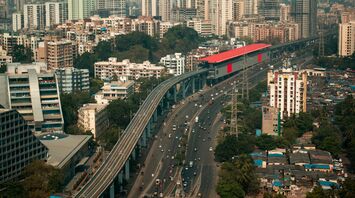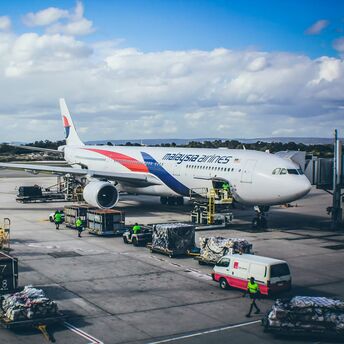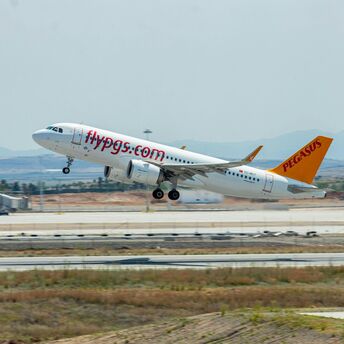Urban Mobility Innovations Benefit Travelers

The Tomorrow Mobility World Congress in Barcelona gathered global leaders and innovators to address the future of urban transportation. Unlike past events, this year emphasized improving existing infrastructure over speculative technologies like hyperloops. The primary discussions revolved around reducing emissions, strengthening partnerships, and improving the economic feasibility of sustainable mobility solutions, showcasing how current systems can be optimized to meet the evolving needs of cities and travelers alike.
Startups presented various cutting-edge solutions to tackle modern transportation issues. AI-powered carpooling platforms aim to reduce congestion by promoting shared rides, while autonomous ferries introduced in Stockholm offer eco-friendly ways to navigate waterfront cities. Platforms for smart parking management also address urban congestion, enhancing convenience for drivers and visitors. These initiatives demonstrate a clear shift towards practical, technology-driven solutions designed to benefit both residents and tourists.
For travelers, these advancements promise to make exploring cities more seamless and sustainable. Technologies like real-time parking zone management and improved public transport systems reduce logistical challenges, making it easier to navigate unfamiliar urban environments. Rural destinations, often overlooked due to limited transport, are now more accessible with innovative hybrid bus services, allowing travelers to uncover hidden gems without relying on personal vehicles.
Looking to the future, transportation technologies may redefine how travelers interact with their surroundings. Eco-friendly autonomous systems could become standard in bustling city centers, while integrated data platforms may optimize every aspect of a journey, from route planning to ticketing. These innovations aim to make travel more accessible and efficient, ensuring that tourists can focus on their experiences while reducing their carbon footprint.
Ultimately, these mobility advancements mark a significant shift for the travel industry. With urban systems becoming more user-centric and sustainable, travelers can expect journeys to be not only easier but also more environmentally conscious. These changes signal a promising future where mobility supports exploration and aligns with the values of modern, eco-aware travelers.



















